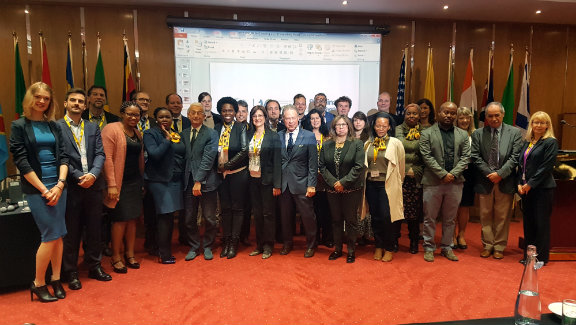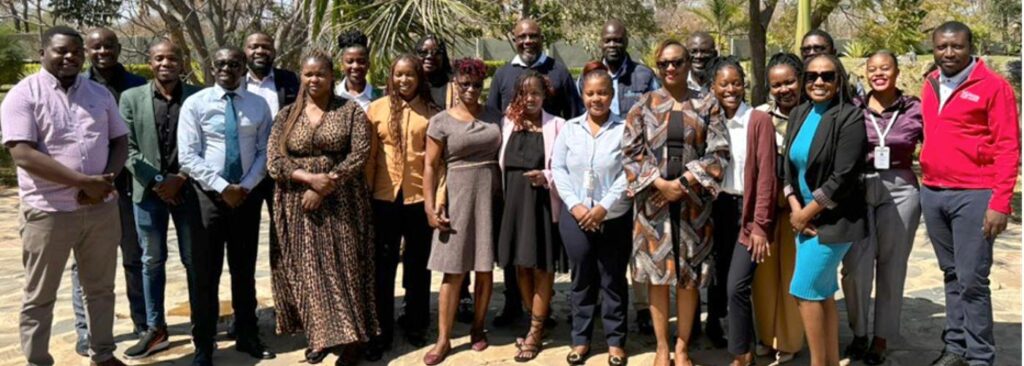From 21 to 23 June, over 150 representatives from governments, private sector and civil society gathered in Pretoria, South Africa, for the first global conference of the 10 Year Framework of Programmes on Sustainable Food Systems (SFS). Hivos, together with the other co-leads of the programme (WWF, and the governments of Switzerland and South Africa), organised the conference to discuss the challenges in our food systems and to deploy solutions and approaches provided by the vast network of experienced SFS members.
Presentations and discussions throughout the conference touched upon the five focus themes of the Programme:
- sustainable diets
- sustainability along all food value chains
- reduction of food loss and waste
- multi-stakeholder platforms
- resilient, inclusive, diverse food production systems
Beyond the exciting exposés, fervent debates, and insightful exchanges, the common thread that emerged was the pressing need to start getting things done. This shared view amongst the paricipants led to the adoption of the Pretoria resolution, which you can also download as pdf in the right sidebar.
As co-lead of the SFS programme, Hivos contributed actively to the form and substance of the conference. Amongst the many different programmes pitched, Hivos facilitated the participation of several of its African partners, such as the Ugandan Kabarole Research Centre. They helped amplify African voices and allowed the conference to provide a forum for active and expert African participation. By taking place in South Africa, the conference gave momentum to stronger ownership of the food systems agenda on the African continent. Hivos’ ‘Taste of Waste’ informal networking dinner, prepared for the participants using food from local markets and supermarkets that otherwise would have been discarded, underlined the importance for the SFS Programme to lead by example.
Altogether, the conference gave participants great impetus to transition into a policy and decision-making mode and call for a radical change in the policy environment to ensure an effective uptake of a systems approach to food. Carol Gribnau, Green Society Programme Director at Hivos, told the delegates, “sustainable food system challenges and opportunities are highly context specific and there’s not a blue print approach. We should acknowledge the importance of informal food systems, and the need to include the ones operating in the margins of food systems within the policy dialogue to come to truly inclusive and effective solutions.”
The high-level keynote address by H.E. Bulelani Gratitude Magwanishe, Deputy Minister of Trade and Industry of the Republic of South Africa, reminded participants before they left of the Greek physician Hippocrates’s maxim “Let food be thy medicine, and medicine be the food”. Good advice from a pioneer of a systems-based approach.
Equipped with a UN mandate as part of the UN 10-Year Framework of Programmes on Sustainable Consumption and Production (10YFP), the Sustainable Food Systems Programme actors are ideally positioned to provide a multi-stakeholder mechanism for the implementation of the 2030 Agenda on Sustainable Development (in particular achieving SDG 2 and SDG 12) and accelerate the shift towards more sustainable food production and consumption.




